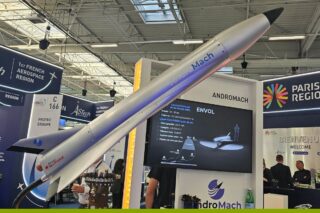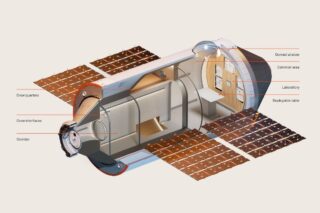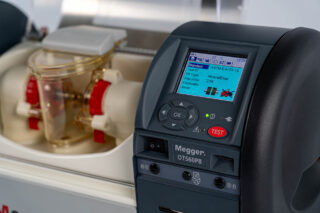Manufacturers and consumers are now fully aware of the need to speed up the ecological transition and transform in-depth product life cycles for some, and consumption patterns for others. A study conducted by the Boston Consulting Group (BCG) reveals that 90% of consumers think about the sustainability of things they buy. How can this major change be translated into industrial processes? How can industrial companies change their methods to optimize product sustainability and minimize their ecological impact?
By Olivier Hertelin, VP Sales – France Benelux and Switzerland & CEO PTC France
A Decisive First Step
The issue of sustainability cannot be addressed by “small adjustments” to industrial design and production processes. A paradigm shift is required that needs to be taken into account at every stage of a product’s life cycle, not just during its manufacture but from the initial design phase.
Right from the first stage in the life of any product, it is possible to act on three decisive levers in terms of sustainability:
- Reducing greenhouse gases emitted by the production processes by optimizing energy consumption;
- Choosing components and raw materials used to make the product, according to their CO2 impact (linked to their production or transport);
- Reducing indirect CO2 emissions associated with the product (transport, use, recycling).
Designing Products that Consume Less Materials and Energy
As well as optimizing production processes, the design of the products themselves can also be transformed to make them more economical in terms of raw materials and energy.
Here, it is particularly useful to use design solutions with dedicated tools. This is particularly true of the latest generation of CAD solutions. They now include generative design processes that allow the design of a product to be constraint driven by automatically generating alternative design scenarios. Thus, the mass of mechanical components can be reduced by up to 80%, considerably lowering their consumption of energy and raw materials while at the same time improving their technical performance. This addresses the oversizing which has plagued many manufacturing companies: to ensure the robustness of a component, engineers often decide to overly increase its mass and size. This is often counterproductive, both in terms of sustainability and performance.
Using Data to Promote Circularity
Designing more sustainable products also requires forceful choices in terms of data management. To take onboard the environmental impact of a product over its entire life cycle, we need to centralize data about each component and how it affects the overall carbon footprint of the product in question.
PLM (Product Lifecycle Management) solutions do just this: they include a modular assessment of the product total carbon footprint according to its composition and design. From one simple indicator of ecological performance, this parameter can be used as a fundamental and decisive criterion in making design choices. During the process, data about the products is centralized and can be used to consider their modes of transport, their energy consumption or their possible recycling and reuse. By adjusting all these factors, industrial processes can move closer to the principles of circular economy and promote the most environmentally friendly design choices.
Though global awareness of ecological issues is forcing industry to reinvent itself, this environmental shift should be seen as an opportunity. By optimizing their production and design processes, industrial companies are not only reducing their environmental impact, but they are also streamlining their businesses and adopting digital tools that are decisive in their transition to Industry 4.0: a virtuous process that ultimately translates into better operating profit and more efficient products.











